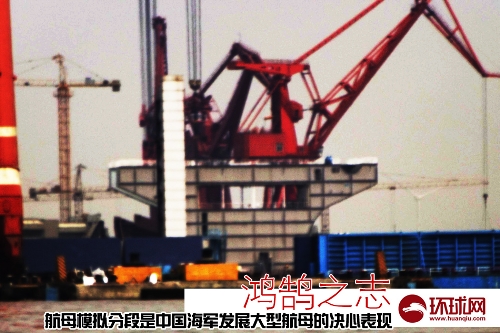Maritime power key to China’s future

Chinese President Xi Jinping has championed efforts to build China into a maritime power at a study session with members of the Political Bureau of the Communist Party of China (CPC) Central Committee on Tuesday. Becoming a maritime power is a step that China must take. Its strategic significance will be displayed through this process.
Only in recent years has China become aware of the importance of being a maritime power. Many Chinese still have to deepen their understanding of the meaning of this. As China develops, it is possible that China will become a maritime power. The public feels both ambitious and anxious.
The frictions China has had with other countries in recent years all emerged from the sea. External concerns stemming from China's maritime expansion have become one of the most active sources of the "China Threat" theory. Maritime provocations are one of the thorniest parts of China's foreign relations.
Japan has been the most radical country toward China. On Thursday, Japan's Liberal Democratic Party asked the Japanese government to counter China's gas exploration in the East China Sea. China will not accept Japan's unreasonable request, but this does bring China trouble.
Being a maritime power does not mean gaining an advantageous position in disputes with other countries. It includes mastering the most advanced maritime technologies and being able to strike a balance between sea exploration and maritime ecology.
It's worth pointing out that what China most lacks is experience at sea. China has been cautious in maritime activities that may cause disputes.
But these last two years have told us that trouble will seek us out no matter how low-profile China tries to be. Beijing's firm reaction surrounding the Huangyan and Diaoyu disputes has pushed the other parties backward. It remains to be seen whether it can be a new model for dealing with maritime disputes in the future.
China sticks to peaceful means of resolving disputes, but it has to maintain the capability to respond to military provocation. The current clashes are made unclear by the changing gaps in terms of national strength. When China's strength is upgraded, some of the clashes may dissolve naturally.
For instance, the maritime dispute between China and Japan is by no means caused by some specific interests. It is taken by Tokyo as a comprehensive defensive line against China's rise, including a psychological defensive line.
China's maritime competitiveness needs to overwhelm Japan's. By then, Tokyo will be nowhere near as provocative as it is today.
Becoming a maritime power takes more than technological and industrial development. It will bring more challenges to China's diplomacy. China is already squeezed into a crowded space of ocean. But building maritime power is also essential to China's rise. It will decide China's future as a global power. It is far more than a "face-lifting project."